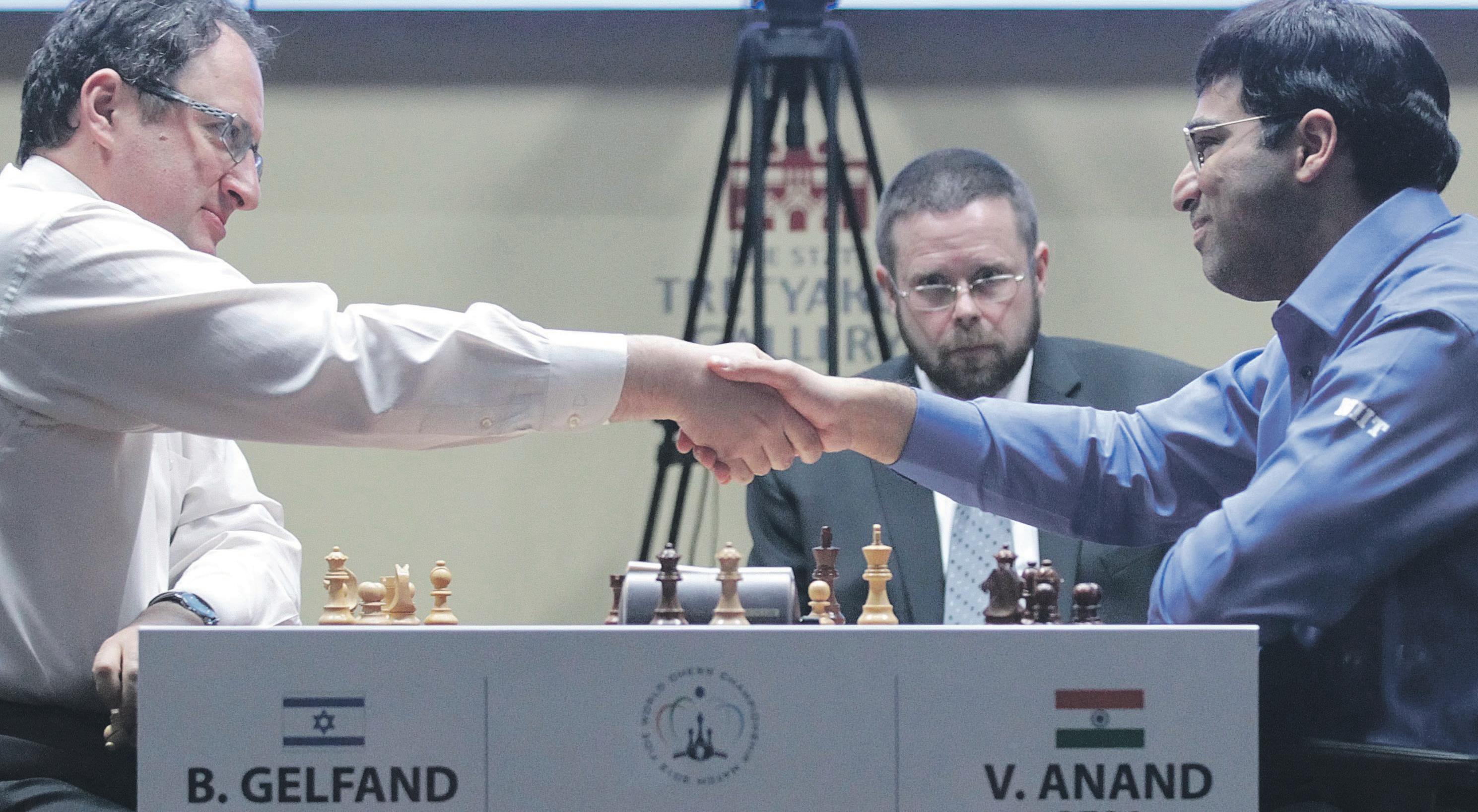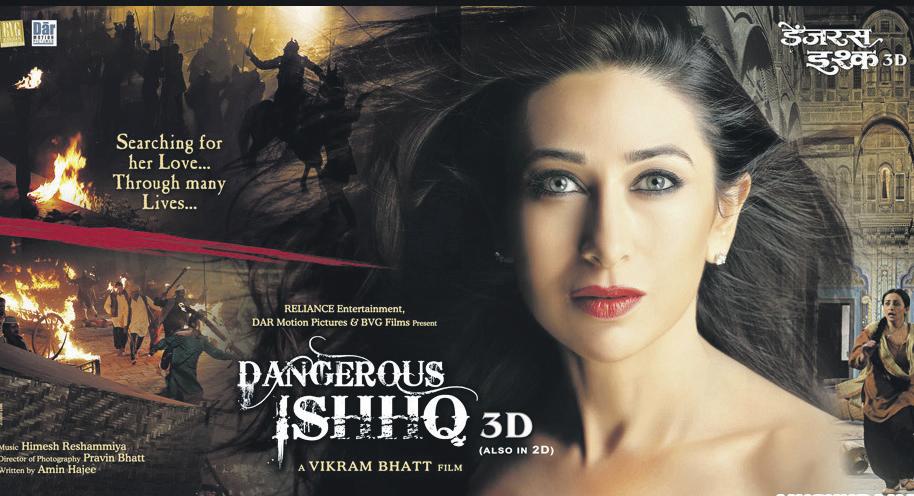
4 minute read
Shatranj ka khiladi
from 2012-06 Sydney (1)
by Indian Link
Indian grandmaster Viswanathan Anand puts an incredible five World titles to his name
Perhaps to Shah Rukh Khan’s intense annoyance, the Kolkata Knight Riders victory seems to be overshadowed, and unthinkably, by another sport. And not any of the ones that involve a ball, but brains! It’s very likely galling to the vociferous KKR! But the rest of the nation, including some stalwarts in Kolkata, rejoice in the triumph of World Chess Champion Viswanathan Anand, who won the title for the fifth time, beating Israeli challenger Boris Gelfand in the tie-breaker in Moscow on May 30.
India, with its usual exuberant enthusiasm for anyone who performs well on the international arena, has quietly overwhelmed Anand with praise, felicitation and fanfare. From Prime Minister Manmohan Singh to Tamil Nadu Chief Minister J. Jayalalithaa, the accolades have been flowing in for the shy Anand, who has also been gifted Rs 10 lakh from the union sports ministry, as announced by Sports Minister Ajay Maken.
Anand is also being highly recommended to receive the Bharat Ratna, India’s highest civilian award, but it is for the Prime Minister to make a decision on this.
India’s five-time World Chess Champion Viswanathan Anand won the title for the fifth time, beating Gelfand 2.5-1.5 in the four-match tie-breaker. And with this win, India’s chess legend can rightly lay claim to be one of the all-time greats in the sport.
Widely considered as the greatest Indian sportsman, the 42-year-old Anand has been among the game’s elite for more than a decade and a half. The latest world title comes as an icing on the cake for Anand, who also established himself as the world’s best rapid chess player in the tiebreaker.
Anand first won the World Chess Championship title in 2000 beating Latvian Alexei Shirov in Tehran in 2000. He then followed it up with wins in 2007 (Mexico), Bonn (2008), Sofia (2010) and now Moscow (2012).
The win adds lustre to his six chess Oscars. Anand has won the Chess Oscar “an award given by polling votes from the global chess fraternity, including players and best writers across the world”, a record five times with the wins coming in 1997, 1998, 2003, 2004, 2007 and 2008.
Anand, who learnt the game from his mother, Susila Viswanathan at a tender age, learnt the nuances while following the game in Manila, Philippines, where his father, R. Viswanathan, a senior railway officer, was posted for some years in the early 1980s.
Anand’s early success in the sport came in 1983, when at the age of 14 he stunned the field with a nine out of nine perfect score while winning the National SubJunior Chess Championship.
A year later he became the youngest Indian to win the International Master’s Title at the age of fifteen in 1984.
By 16, he was the National Champion and he won it twice more and then concentrated on becoming a champion at higher international levels.
Playing his moves at great speed, he earned the nickname of ‘Lightning Kid’ and also ‘Tiger from Madras’ and in 1987, he returned to Manila, to win and become the first Indian to win the World Junior Chess Championship.
In 1988, at 18, he earned three Grandmaster norms within a span of less than 12 months and in December, he became India’s first Grandmaster.
Then followed Anand’s spectacular rise in world chess.
Anand’s first big moment came at the Reggio Emilia tournament in 1991 where he finished ahead of Garry Kasparov and Anatoly Karpov and signalled his arrival on the world stage.
In 1991, Anand lost in a tiebreaker to Anatoly Karpov in the quarter finals of the FIDE Knockout World Chess Championship.
Anand also played in the Kasparov-promoted Professional Chess Association and reached the final, losing to Kasparov in New York City’s World Trade Centre. After eight draws, which was a record for the opening of a world championship match, Anand broke through with a win in the ninth game.
But then the more experienced Kasparov hit back and won four of the next five games, and went on to win the match 10.5-7.5.
In 2000, with Kasparov and Kramnik staying away, Anand’s win at the FIDE World Championships in New Delhi and Tehran did not impress the chess fraternity, which still considered the classical match-play as the real world title.
But on the tournament circuit, Anand continued his domination in various forms, winning Advanced Chess tournaments in Leon, Spain, the Chess Classic of Mainz, where he won the title 11 times.
His five successes at Wijk Aan Zee have been a record, and he has also won in Dortmund and Linares.
In 2007, he won the LinaresMorelia with the world’s top players in attendance, though Kasparov had retired by then. The tournament was played to crown the undisputed world champion and Anand was finally the one.
Then with critics still claiming Anand had not won a title in match-play, he came up against Kramnik, who had dethroned Kasparov. Needless to say, Anand won and claimed his title in matchplay, becoming the only player to have won the world title in three formats.
Apart from five Oscars, his other awards include the Arjuna award for Outstanding Indian Sportsman in Chess in 1985; the Padma Shri, National Citizens Award and Soviet Land Nehru Award in 1987; the inaugural Rajiv Gandhi Khel Ratna Award, India’s highest sporting honour in the year 1991-1992. He has also now been nominated by All India Chess Federation (AICF) for the Bharat Ratna, the highest civilian award.
Over the past fortnight, Anand had to fight it hard against Gelfand to retain the title for the third time and in the press conference following the win, Anand admitted that he was still too tense to rejoice in his victory. “Game one was a tense start. It was a long and tough match. The match was very intense, I am relieved. I was better for most part in the second game. It was a back and forth game. The match was so even that I had no sense of what shape tiebreak would take. Right now the only feeling to have is relief,” Anand told reporters in Moscow after winning his third straight title at the renowned State Tretyakov Gallery.
The tournament went into the tie-breaker after Anand and Gelfand drew the 12th game on May 28. They were tied 6-6 after the final round.
Anand went ahead in the tiebreaker after winning the second game in 77 moves following a draw in the first. The first game ended in a draw in 33 moves. The remaining two games ended in draws. It wasn’t any easier as Gelfand was a tough competitor. But with determination, courage and perseverance, Anand came through and walked away with the title.
So is Viswanathan Anand, World Chess Champion for the fifth consecutive time worthy of a Bharat Ratna? We certainly think so!









